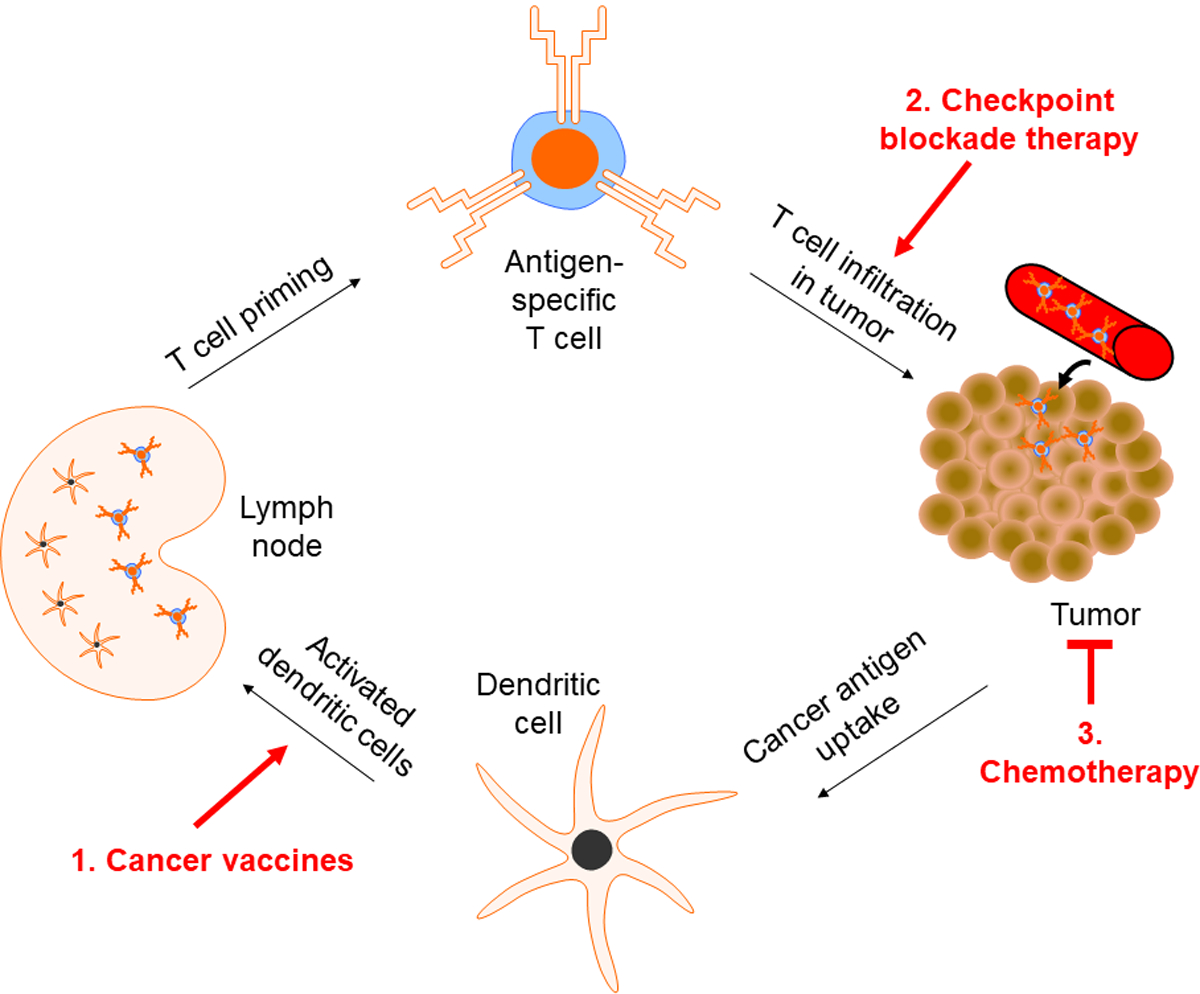Fig. 1|. Targets of Cancer Immunotherapies.

To generate a sustained T cell response against tumors, dendritic cells (DCs) uptake and present cancer antigens to T cells. Subsequently, T cells migrate to the tumor site and seek to induce cancer cell death. (1) Cancer vaccines aim to facilitate the process of antigen presentation of DCs by providing an initial source of cancer antigens. T cells that recognize these cancer antigens are activated and migrate to the tumor site to initiate cancer-cell lysis. (2) Many cancer cells upregulate immunosuppressive checkpoint blockade ligands to inactivate T cells. Thus, combining therapeutic cancer vaccines with checkpoint blockade therapy may enhance anti-tumoral efficacy and allow for better clinical outcomes. (3) Chemotherapies are generally cytoreductive and may enhance the effect of cancer vaccines by reducing concentration of immunosuppressive regulatory T cells within the tumor microenvironment thereby accentuating the vaccine mediated cytotoxic T cell response.
